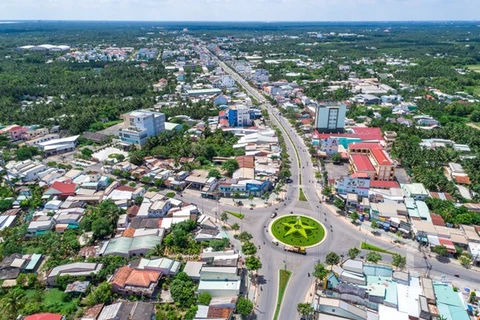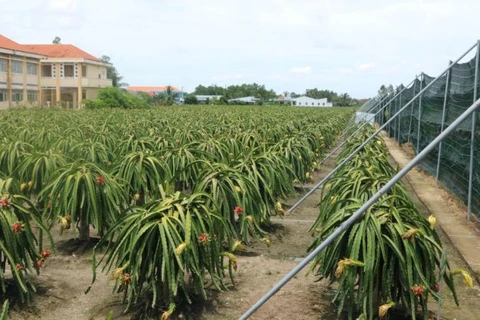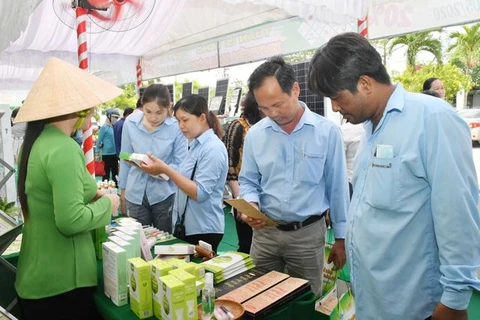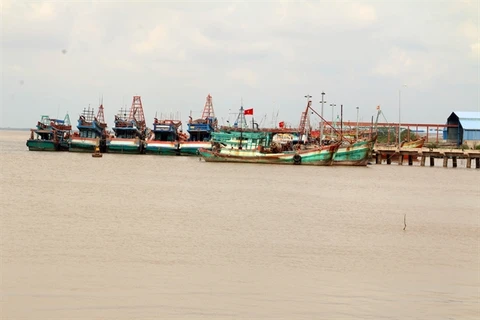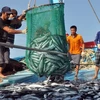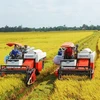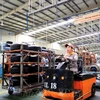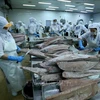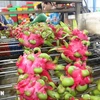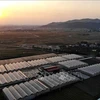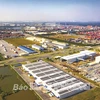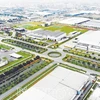 The export turnover of Ben Tre province’s key agricultural products like green-skin pomelo, durian, rambutan, and longan is predicted to achieve 165 billion USD by 2025. (Photo:VNA)
The export turnover of Ben Tre province’s key agricultural products like green-skin pomelo, durian, rambutan, and longan is predicted to achieve 165 billion USD by 2025. (Photo:VNA) Ben Tre (VNA) – The Mekong delta province of Ben Tre has set goals to have at least four agricultural value chains worth 1 billion USD, according to a recently-approved project on promoting the export of agro-forestry-fisheries products in the province to 2030.
The project rolls out specific targets, including achieving 1 billion USD in production value from coconut products and shrimp while gaining 500 million USD from seedlings and ornamental flowers by 2025.
The province will have at least 43 agricultural cooperatives taking part in the value chains, bringing the total number of cooperatives to 167. Of these, ten co-operatives obtain revenue of over 100 billion VND and 100 others achieve revenue of 10 billion VND.
The export turnover of the province’s key agricultural products like green-skin pomelo, durian, rambutan, and longan is predicted to attain 165 billion USD by 2025, an average increase of 6,99 percent per year.
The province's hi-tech shrimp farming area reaches 4,000 hectares, with an output of 144,000 tonnes. The export turnover of aquatic products such as pangasius, clams, and shrimp is expected to achieve 1.2 billion USD by 2025, a year-on-year rise of 72.64 percent.
Ben Tre province will continue to build material areas towards the direction of circular agriculture, contributing to completing a closed and sustainable value chain.
According to Nguyen Minh Canh, vice chairman of the provincial People’s Committee, to realise the goals, the People's Committees of districts, cities, and related agencies are asked to provide update on the information and regulations relating to the export of agro-forestry-fishery products to enterprises engaged in the production and trading. Businesses are also encouraged to participate in production-consumption chains of the products, he said.
The province will continue to speed up the completion of the value chain of key product groups.
It will continue to study and develop mechanisms and policies to promote the development of the processing industry, attract businesses to invest in forming closed, high-tech processing clusters in the specialised farming areas to increase efficiency in connecting production and markets as well as developing logistics services systems with the application of information and communication technology to serve trade in key agricultural products, Canh said./.
